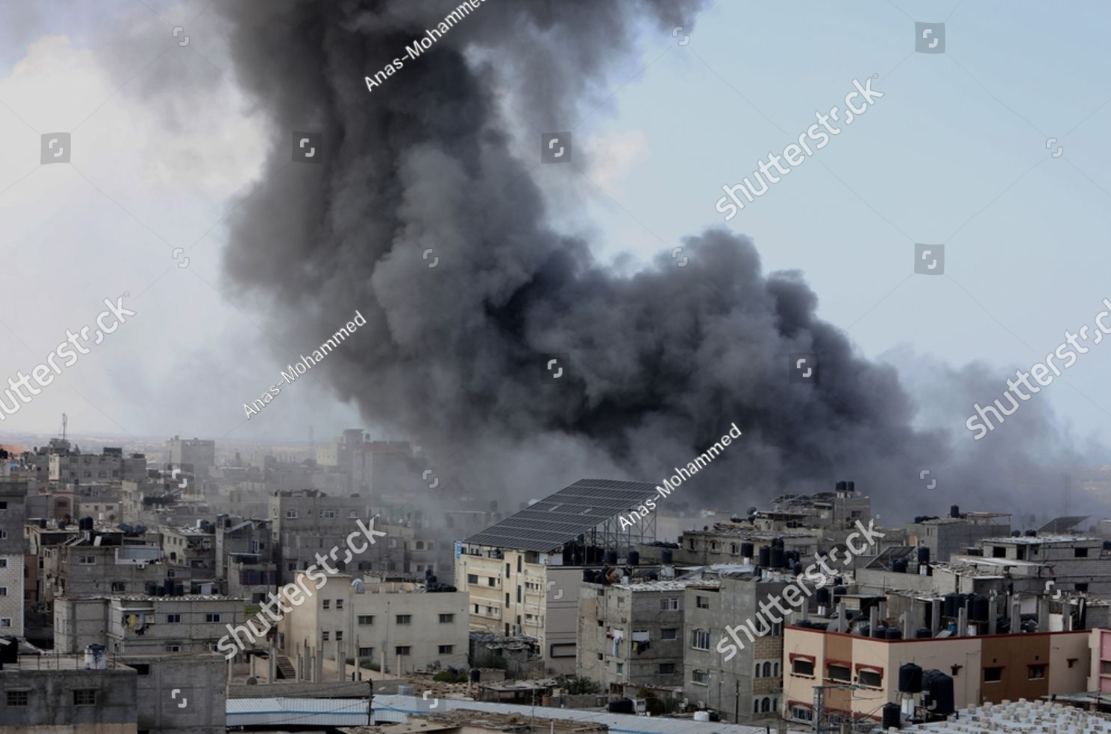Pratik Das, Pune
As tensions increased, Israeli warplanes carried out heavy strikes on southern Lebanon late Thursday, the biggest in nearly a year. The strikes were aimed at Hezbollah, a Lebanese armed group, while the US and UK urged calm.
The White House emphasized the importance of finding a peaceful solution, with spokesperson Karine Jean-Pierre warning about the risk of the conflict worsening. Britain also called for an immediate stop to the fighting between Israel and Hezbollah to end the rising tensions.
Israel’s military said its jets hit hundreds of rocket launchers in southern Lebanon. These attacks followed earlier strikes on Hezbollah’s communication devices, which both Lebanon and Hezbollah accused Israel of carrying out.
On Thursday, over 100 Hezbollah targets were hit, but no injuries were reported at first. Israeli Defense Minister Yoav Gallant warned that Hezbollah would face more serious consequences as the attacks continued.
Hezbollah leader Hassan Nasrallah criticized the attacks, saying they went beyond all moral and legal limits. He hinted that the strikes, which damaged communication equipment and spread fear, might be considered war crimes.
The Lebanese government asked the UN Security Council to step in, accusing Israel of blowing up the communication devices. The Security Council is scheduled to discuss the situation on Friday.
The conflict between Israel and Hezbollah has worsened since the Gaza war began in October, after a Hamas attack. Although it hasn’t turned into a full-scale war, there have been regular exchanges of fire, causing thousands of people to leave border areas on both sides.
Even with the tensions, Israel and Hezbollah have avoided a bigger war, though the risk is still there. Iran has also shown support for Hezbollah and has promised to strike back if Israel keeps attacking.
Both sides remain on high alert, with military preparations ongoing. The international community is closely monitoring the situation, emphasizing the importance of dialogue.
Humanitarian agencies are warning of escalating civilian distress, urging all parties to prioritize peace and protect innocent lives in the conflict zones.
The situation is still tense, with more countries urging calm, but there is still a chance it could get worse.
